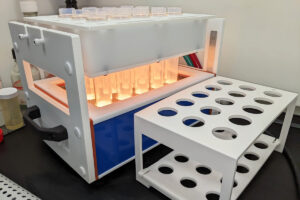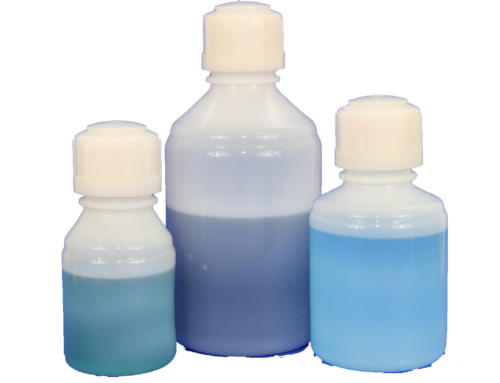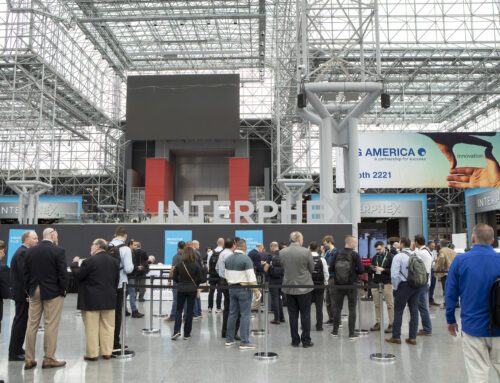ColdBlock technology re-writes the way sample digestion is done
 Niagara Falls, Canada-based ColdBlock Technologies has developed an innovative product that performs sample digestion for trace metals analysis with significant improvements in speed, safety and cost over existing technologies.
Niagara Falls, Canada-based ColdBlock Technologies has developed an innovative product that performs sample digestion for trace metals analysis with significant improvements in speed, safety and cost over existing technologies.
Rather than the “traditional” method that involves heating digestion tubes in graphite blocks with conducted heat, ColdBlock’s solution uses focused, short wave infrared radiation (FSWIR) to heat sample solutions. This dramatically improves efficiency and reduces digestion time.
Hydrofluoric acid causes digestion tube challenges
Historically, ColdBlock’s digestion system used quartz or borosilicate digestion test tubes. FWSIR is then passed through the tube side walls to heat the solution inside and rapidly digest the sample.
While most samples can be digested by using simple aqua regia acid mixtures, some sample types (in particular, those that contain high levels of silicates), require hydrofluoric acid (HF) for complete digestion. The issue, however, is that HF attacks both quartz and borosilicate glass, which meant using the standard ColdBlock digestion test tubes was out of the question.
A better solution was needed – namely a test tube that could not only stand up to HF, but also handle high temperatures and remain transparent to short wave infrared radiation used in ColdBlock digesters. Read the full case study for all the details on Savillex’s unique solution.
And before you go, be sure to browse our suite of Custom Services capabilities for your next project.



